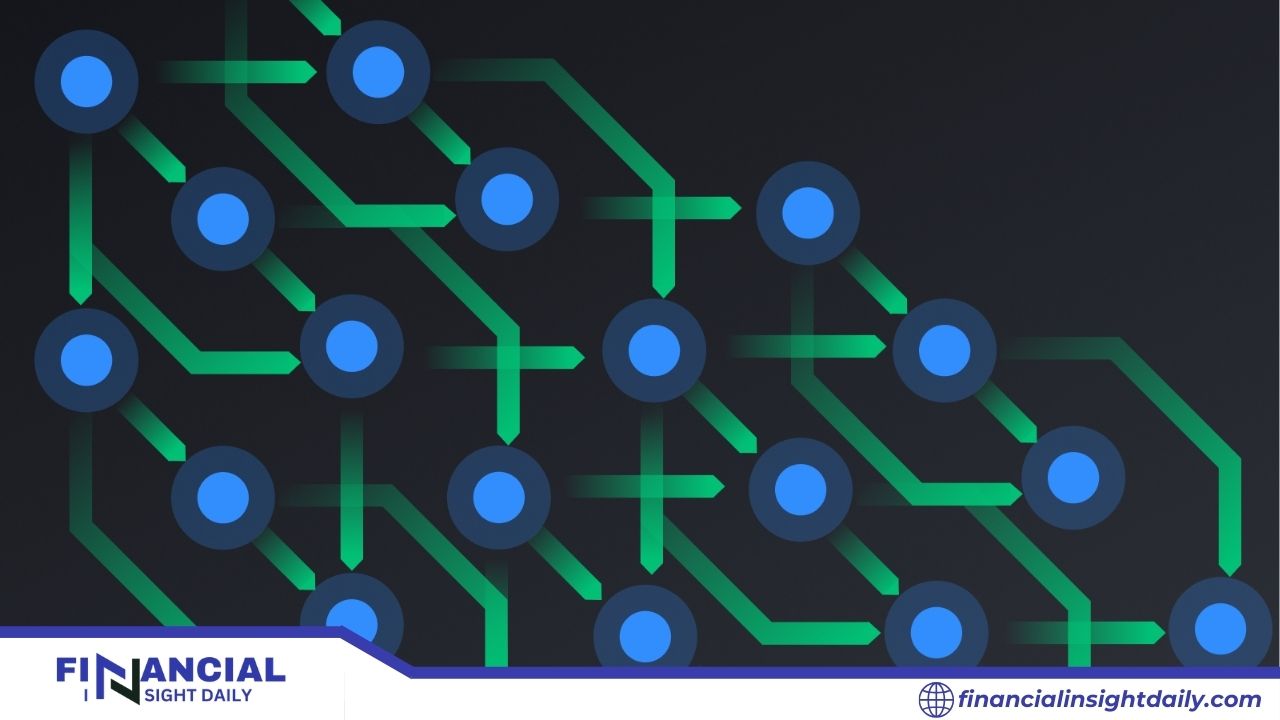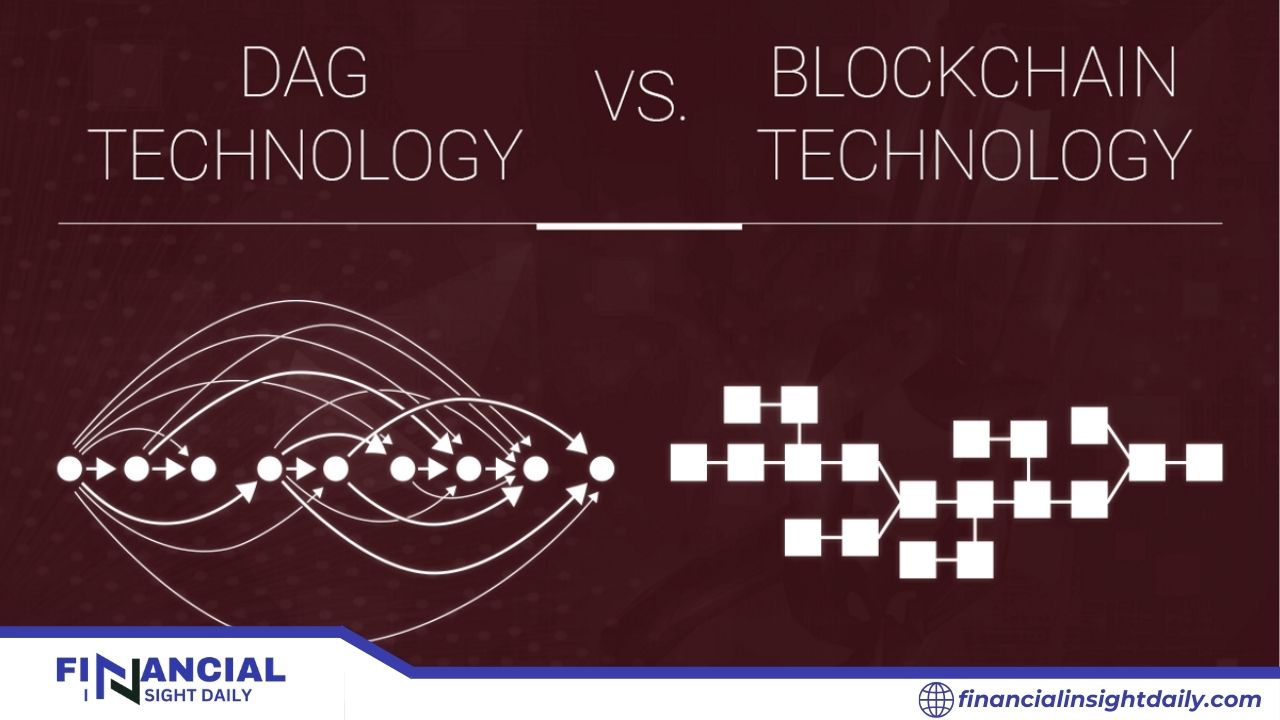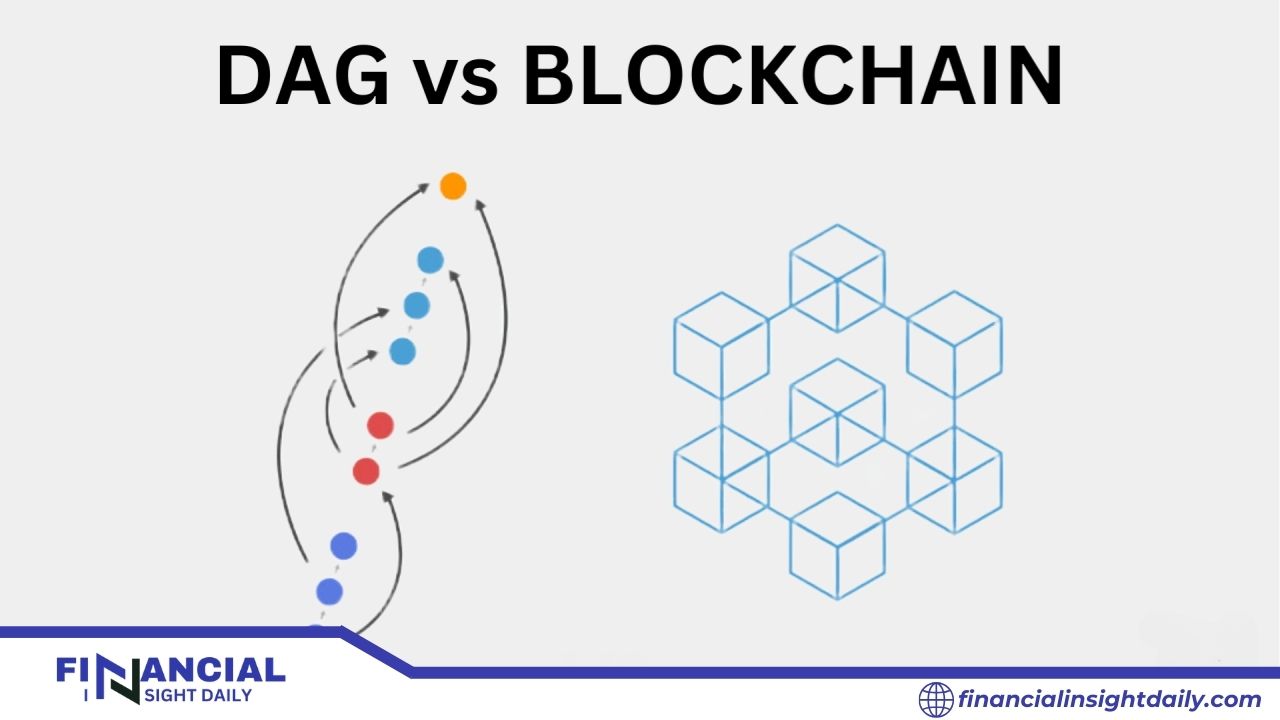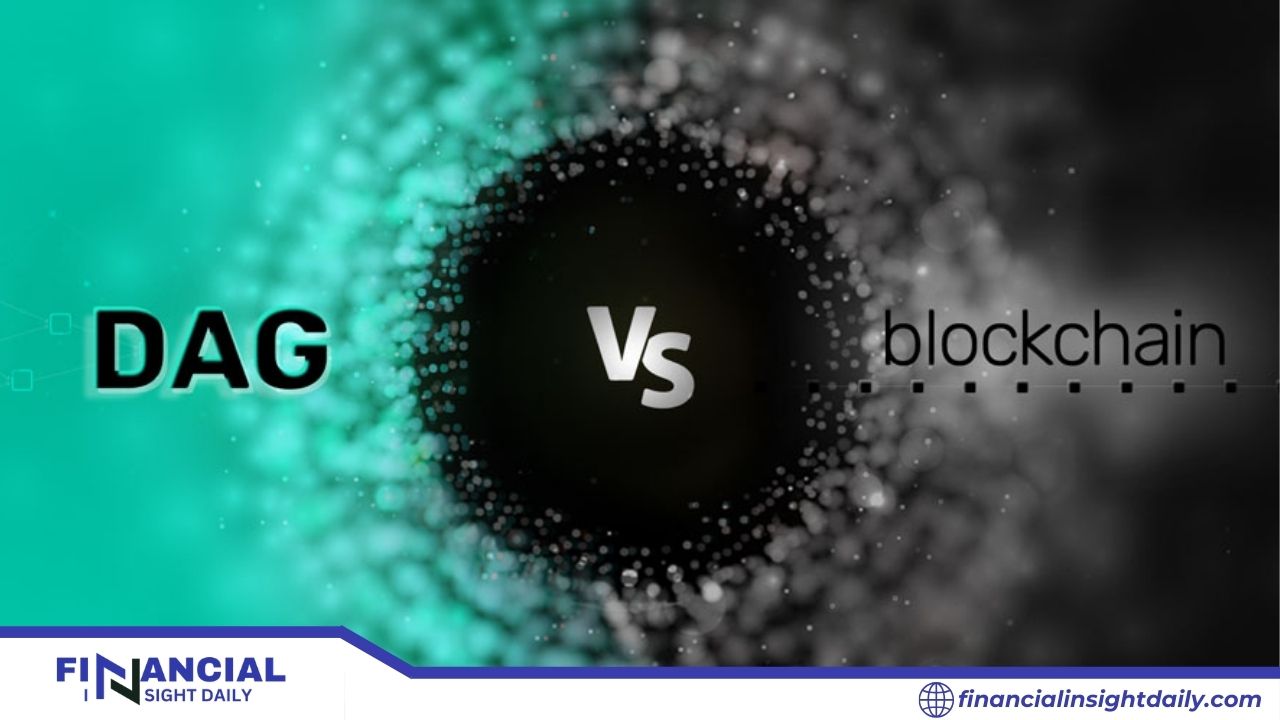What is DAG Blockchain? Blockchain technology has significantly disrupted the digital world, giving rise to countless innovations in data storage, financial transactions, and decentralized applications. One such innovation that has gained traction in recent years is the DAG blockchain. But what is DAG blockchain, and how does it differ from traditional blockchain structures? In this article, we’ll delve deep into the concept, applications, and advantages of this cutting-edge technology.

What is DAG Blockchain?
DAG, or Directed Acyclic Graph, is a data structure that represents a series of connected nodes. Unlike traditional blockchain, which relies on a sequential chain of blocks, DAG blockchain offers a unique approach to recording and validating transactions. The architecture eliminates the need for miners and sequential blocks, instead allowing multiple transactions to be processed simultaneously.
DAG blockchain is designed to address the scalability issues commonly associated with conventional blockchain systems like Bitcoin and Ethereum. By eliminating bottlenecks in transaction processing, it paves the way for faster and more efficient networks.
Key Features of DAG Blockchain
- Decentralization: Similar to traditional blockchains, DAG blockchain operates on a decentralized network. This ensures no single point of control, promoting transparency and security.
- Scalability: Scalability is one of the standout features of DAG blockchain. The more users participate in the network, the faster and more efficient it becomes.
- Low Transaction Fees: Since DAG eliminates the need for miners, transaction fees are significantly reduced, making it a cost-effective solution for both individuals and enterprises.
- Energy Efficiency: Unlike Proof-of-Work (PoW) systems, which consume vast amounts of energy, DAG blockchain is lightweight and energy-efficient, aligning with global sustainability goals.

How Does DAG Blockchain Work?
At its core, DAG blockchain utilizes a network where each transaction validates one or more previous transactions. This structure creates a web of interconnected data, enhancing speed and reliability. Here’s a simplified breakdown of how it works:
- Transaction Submission: Users submit transactions directly to the network.
- Validation Process: Each transaction validates at least two prior transactions to be confirmed.
- Consensus Mechanism: Instead of miners, DAG relies on the participation of nodes to achieve consensus.
The absence of blocks and miners sets DAG apart from traditional blockchain, making it a unique solution for real-time applications.
Applications of DAG Blockchain
The versatility of DAG blockchain makes it suitable for a wide range of industries. Here are some notable applications:
- Internet of Things (IoT): DAG’s high throughput and low fees are perfect for IoT ecosystems, where numerous devices must communicate and transact in real-time.
- Micropayments: Traditional blockchain systems struggle with small-scale transactions due to high fees. DAG solves this by enabling low-cost, instantaneous micropayments.
- Supply Chain Management: DAG’s decentralized nature ensures transparent and efficient tracking of goods in supply chains, reducing fraud and errors.
- Healthcare: From secure patient records to efficient data sharing, DAG blockchain offers robust solutions for the healthcare sector.

Advantages of DAG Blockchain Over Traditional Blockchain
- Enhanced Speed: DAG can handle a higher number of transactions per second (TPS) compared to traditional blockchains. This makes it ideal for applications requiring rapid processing.
- Cost Efficiency: With no need for miners, transaction costs are dramatically reduced, offering a more affordable alternative for users.
- Environmental Benefits: The energy-efficient nature of DAG blockchain addresses the environmental concerns associated with PoW blockchains like Bitcoin.
- Improved Scalability: Traditional blockchains often face scalability challenges as network activity increases. DAG’s design inherently improves as more users join the network.
Challenges and Limitations of DAG Blockchain
While DAG blockchain has numerous advantages, it’s not without challenges:
- Adoption Barriers: As a relatively new technology, it requires widespread adoption to achieve its full potential.
- Security Concerns: The absence of miners raises questions about the network’s robustness against certain types of attacks.
- Complexity: The underlying structure can be challenging to understand and implement for developers new to the technology.
Notable Examples of DAG-Based Platforms
Several projects have successfully implemented DAG blockchain technology, showcasing its potential:
- IOTA: One of the pioneers in the DAG space, IOTA is designed for IoT applications and features the Tangle, its DAG-based protocol.
- Nano: Nano focuses on fast and fee-less transactions, leveraging DAG to achieve near-instantaneous processing.
- Fantom: Fantom’s DAG-based Lachesis protocol powers its high-performance smart contract platform.

The Future of DAG Blockchain
The future of DAG blockchain looks promising as industries continue to seek scalable, efficient, and eco-friendly solutions. As adoption increases, DAG could potentially revolutionize sectors ranging from finance to healthcare.
With its ability to address critical pain points of traditional blockchain systems, DAG blockchain is well-positioned to play a pivotal role in the next wave of technological advancements.
In summary, what is DAG blockchain? It’s an innovative alternative to traditional blockchain that offers enhanced scalability, cost-efficiency, and environmental benefits. By leveraging a unique data structure, DAG opens up new possibilities for industries worldwide. As technology evolves, the potential for DAG blockchain to transform how we transact and interact with data is limitless. Whether you’re a blockchain enthusiast or a curious newcomer, exploring DAG’s potential is a step toward understanding the future of decentralized systems. For more insights into blockchain and crypto technologies, visit Financial Insight Daily and stay updated with the latest trends and innovations.
